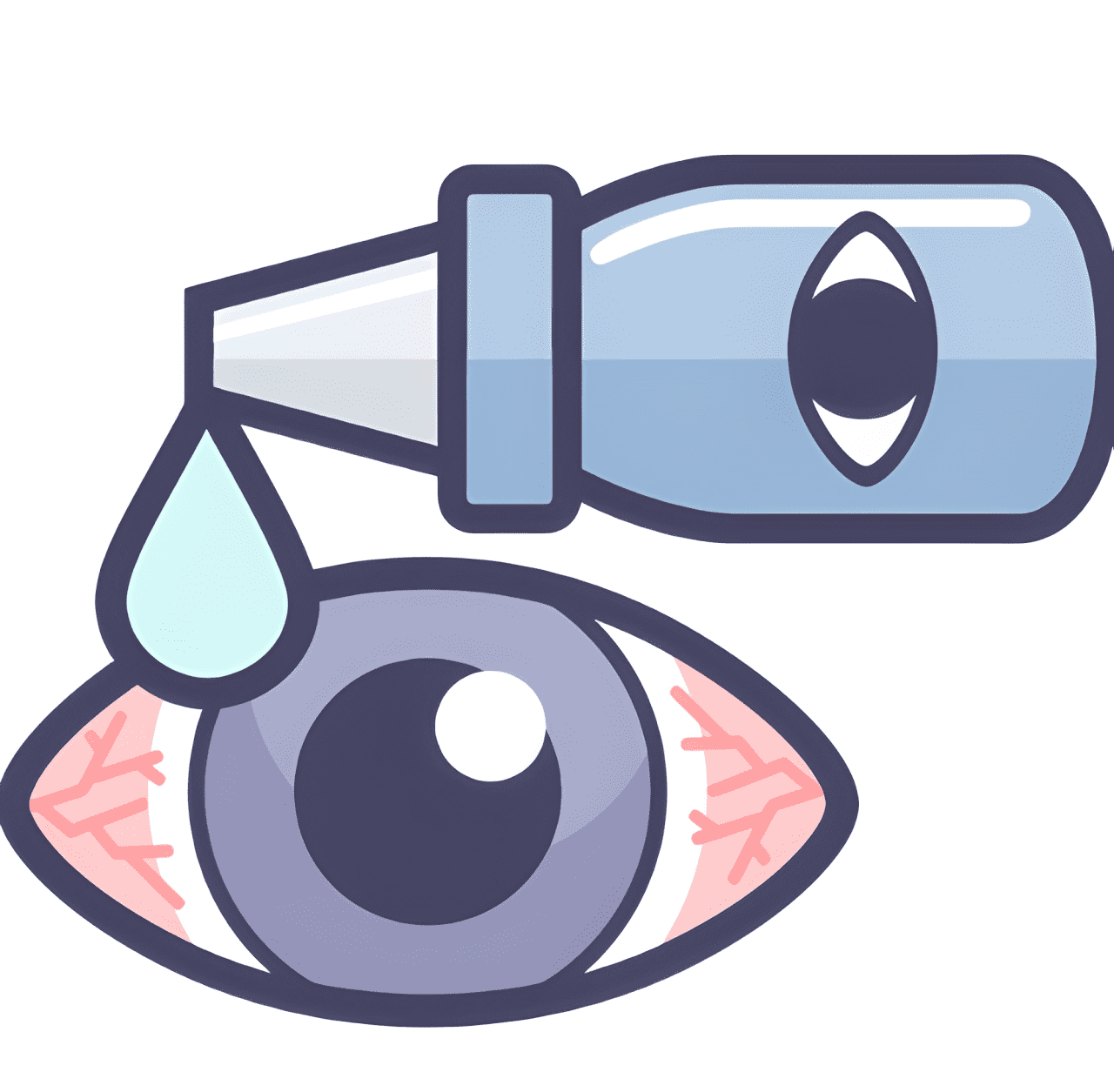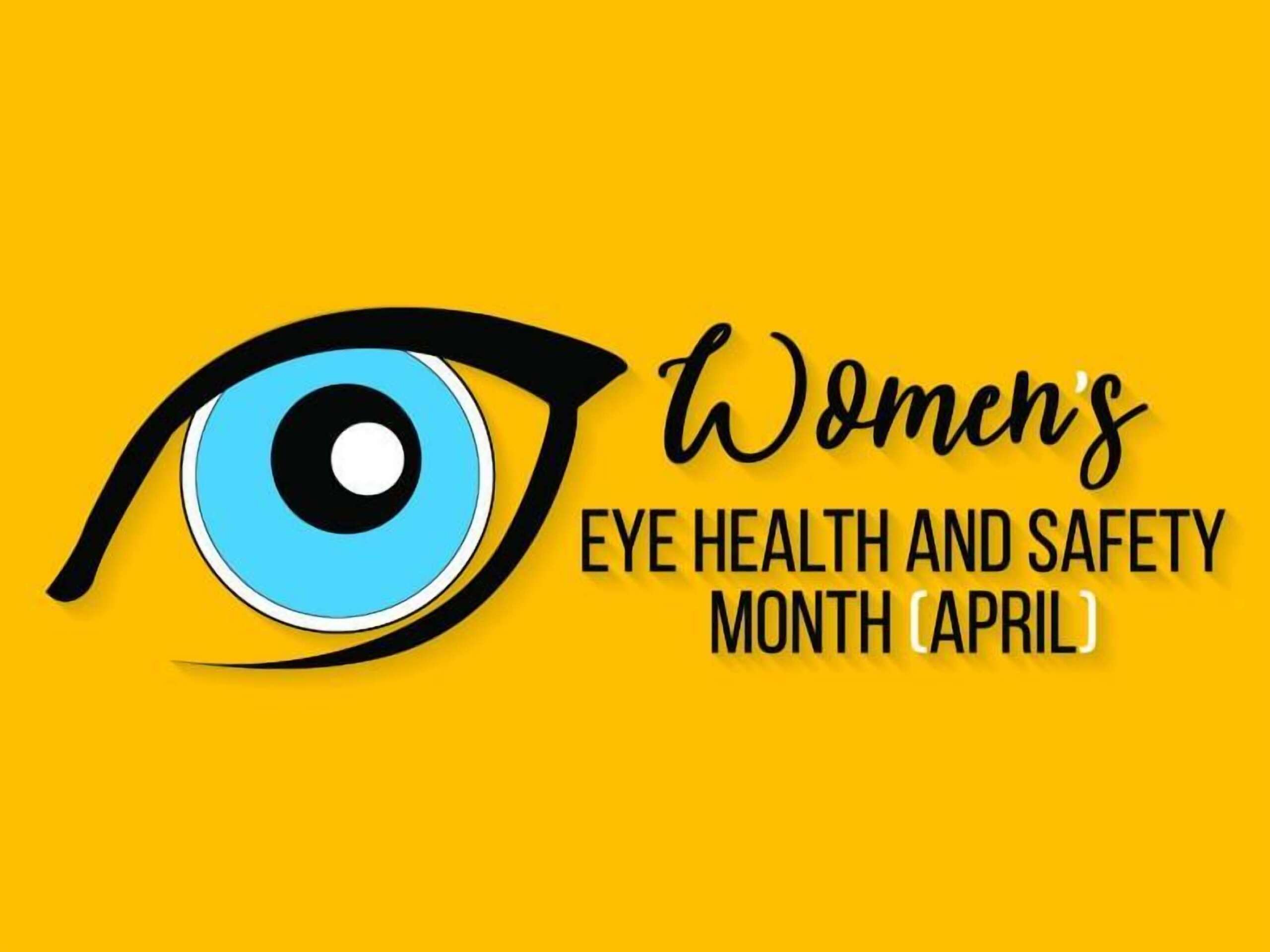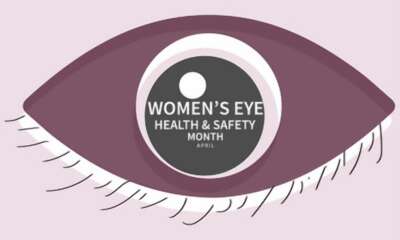Migraine Headaches
Is it a Migraine Headache?
Migraines typically result in throbbing pain on one side of the head and are frequently associated with nausea, vomiting, and heightened sensitivity to light and sound. These attacks can persist for hours to days, significantly impacting daily activities.
What is an Aura?
A warning sign, known as an aura, can precede the headache. An aura may involve visual disturbances like flashes of light or other sensations such as tingling in the face, arm, or leg, or even difficulty speaking.
Risk Factors for Migraines
- Family history: If you have a family member with migraines, then you have a good chance of developing them too.
- Sex. Women are three times more likely than men to have migraines..
- Age. Most people have their first migraine during adolescence, but migraines can start at any age, usually before age 40.
- Hormonal changes. Headaches can begin around menstruation. They can change during pregnancy or menopause. Migraines generally improve after menopause.

Triggers for Migraines
- Certain Drinks and Foods . Alcohol and excess caffeine can trigger migraines.
- Stress triggers migraines. Stress includes feeling overwhelmed at home or work. But you can also become stressed by exercising too much or not getting enough sleep.
- Senses: Loud sounds, bright lights , or strong smells may trigger migraines.
- Hormonal changes. Fluctuations in estrogen, such as around menstrual periods, pregnancy and menopause can worsen migraines.
- Illness. Infections, such as the cold or the flu, may trigger migraines, especially in children.
- Weather changes. A change of weather or barometric pressure can prompt a migraine.
- Medications. Some medications, including oral contraceptives, can trigger migraines
Keeping a Journal of your migraine symptoms can be a key to treatment planning.




















